Diaper Facts & Statistics: Average Cost Of A Diaper
If you're looking for the latest diaper facts and statistics based on current studies, you've come to the right place.
Surprising Diaper Facts And Statistics
- Disposable diapers are a $71 billion a year industry.
- Disposable diapers take at least 500 years to decompose.
- The average cost of a disposable diaper in the U.S. is $0.29.
- Disposable diapers for a single baby will cost approx. $70 per month and $840 per year.
- Babies will use around 6,000 diapers during their first two years of life.
- 33% of mothers cut back on basic essentials to afford diapers for their children.
- Cotton diapers may be reused around 50 to 200 times before they need to be tossed.
- Disposable diapers are the third-largest single consumer item in landfills.
- Around 3.6 million tons of disposable diaper waste will end up in landfills.
- 92% of disposable diapers will eventually get buried in landfills.
- Disposable diapers constitute around 4% of solid waste.
- In an average household with children who wear diapers, disposable diapers make up to 50% of the household waste.
- Disposable diapers generate 60 times more solid waste and use 20 times more raw materials, like wood pulp.
- Cloth diapers waste 2.3 times less water than disposable diapers.
- Around 20 billion pieces of used diapers end up in landfills each year, which generates more than 3.5 million tons of diaper waste.
- Estimates indicate that up to 200,000 trees are lost each year to make disposable diapers to babies just in the U.S.
- 95% of mothers in the U.S. only use disposable diapers for their children.
Average Cost Of A Diaper
Disposable diapers for a single baby will cost approx. $70 per month and $840 per year.
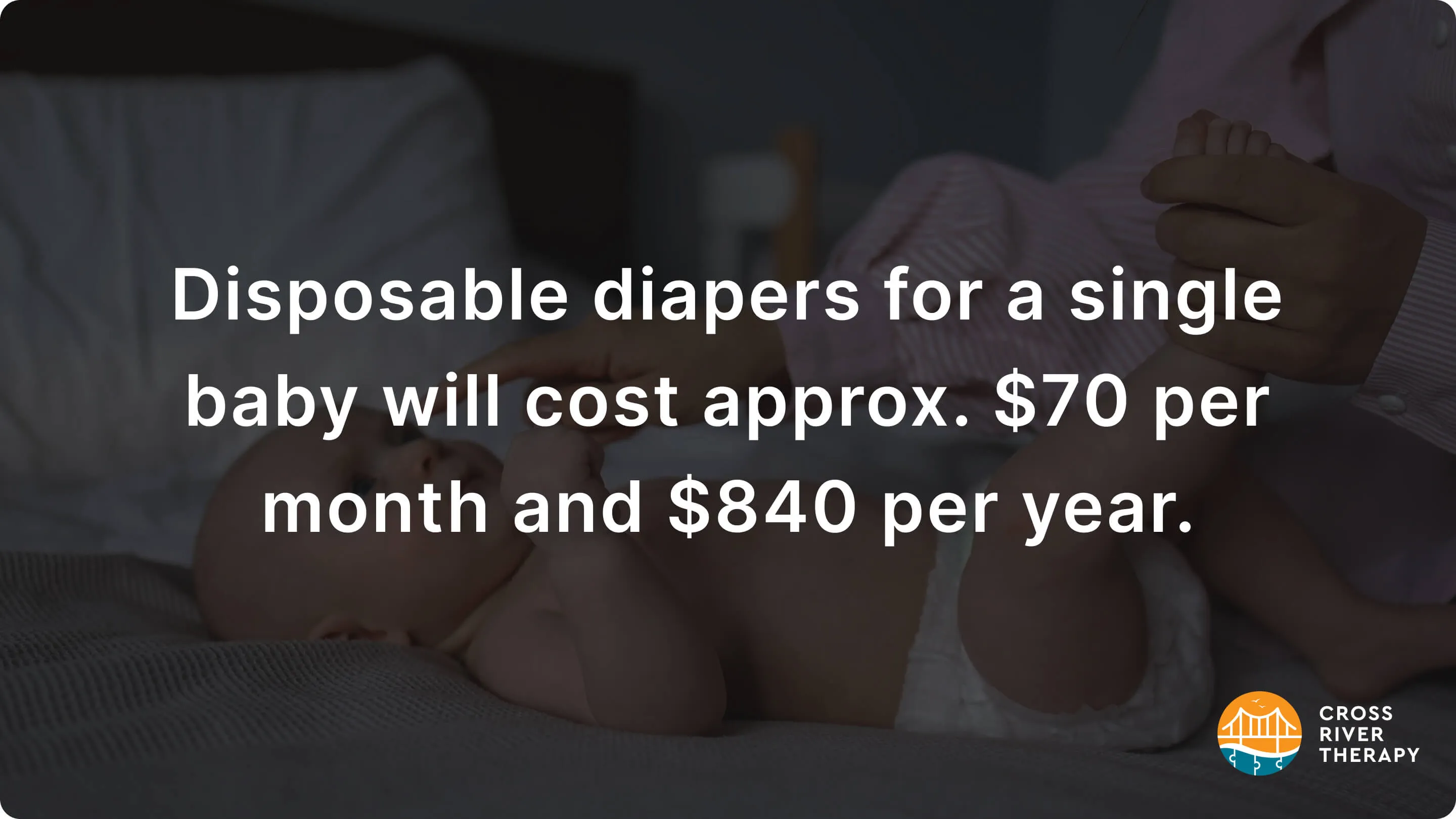
Average Cost Of A Diaper By Brand
How Many Diapers Does a Baby Use in a Lifetime?
The average child will use about 7,100 diapers in their lifetime, before they are potty trained.
FAQ
How many diapers do babies use per day?
On average, babies use around 8 diapers per day.
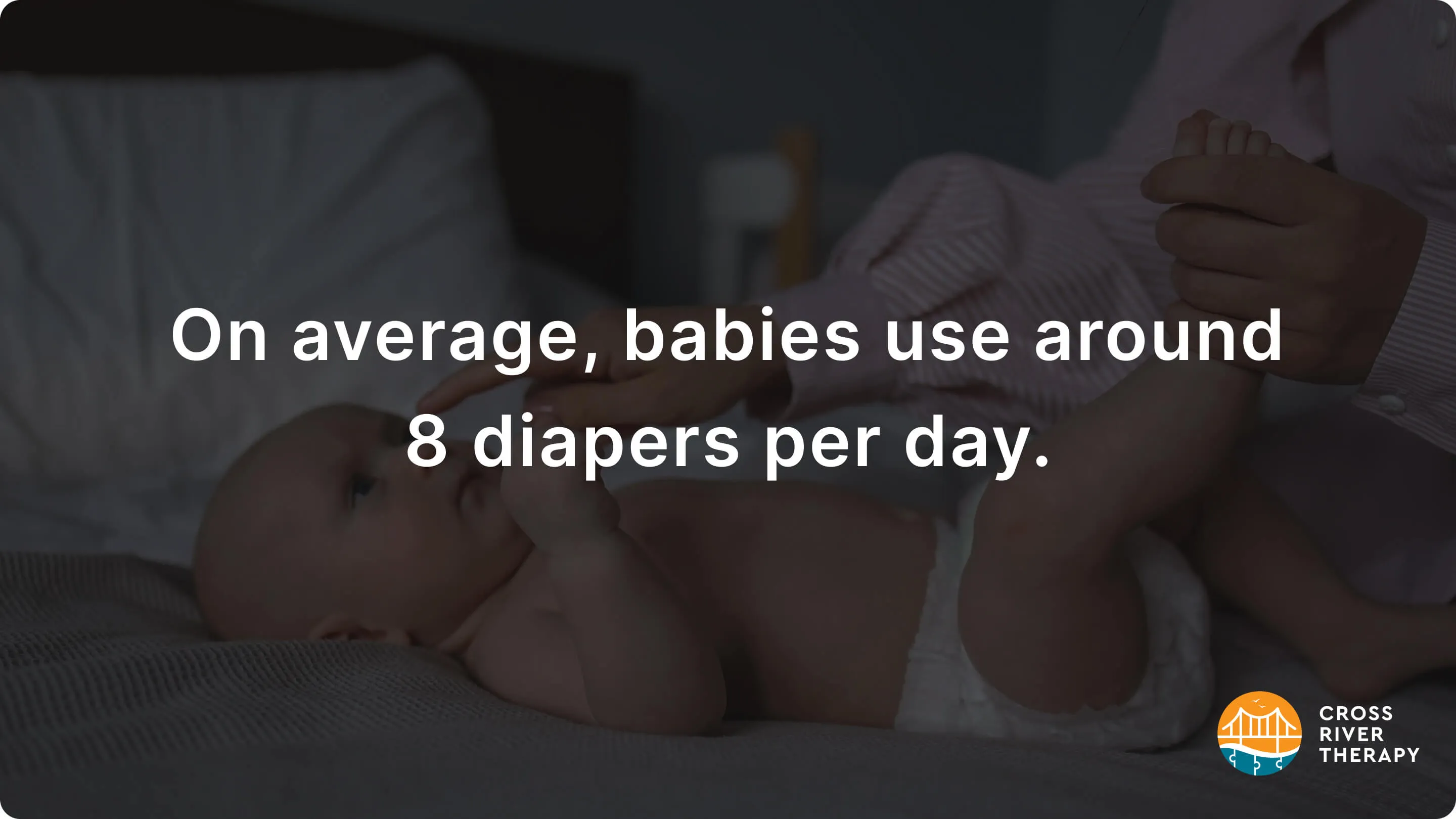
How many diapers do babies use per week?
On average, babies use around 56 diapers per week.
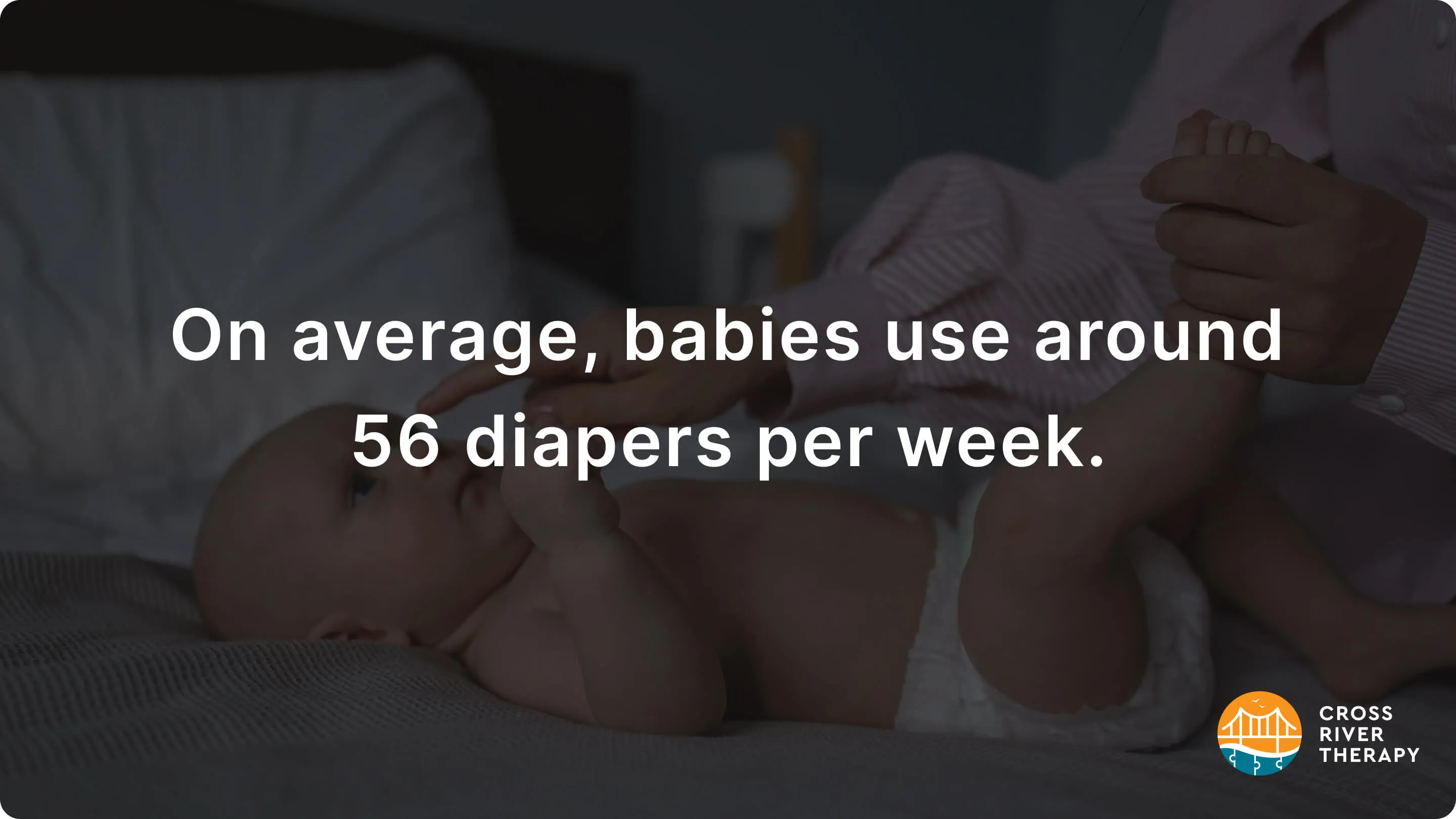
How many diapers do babies use per month?
On average, babies use around 240 diapers per month.
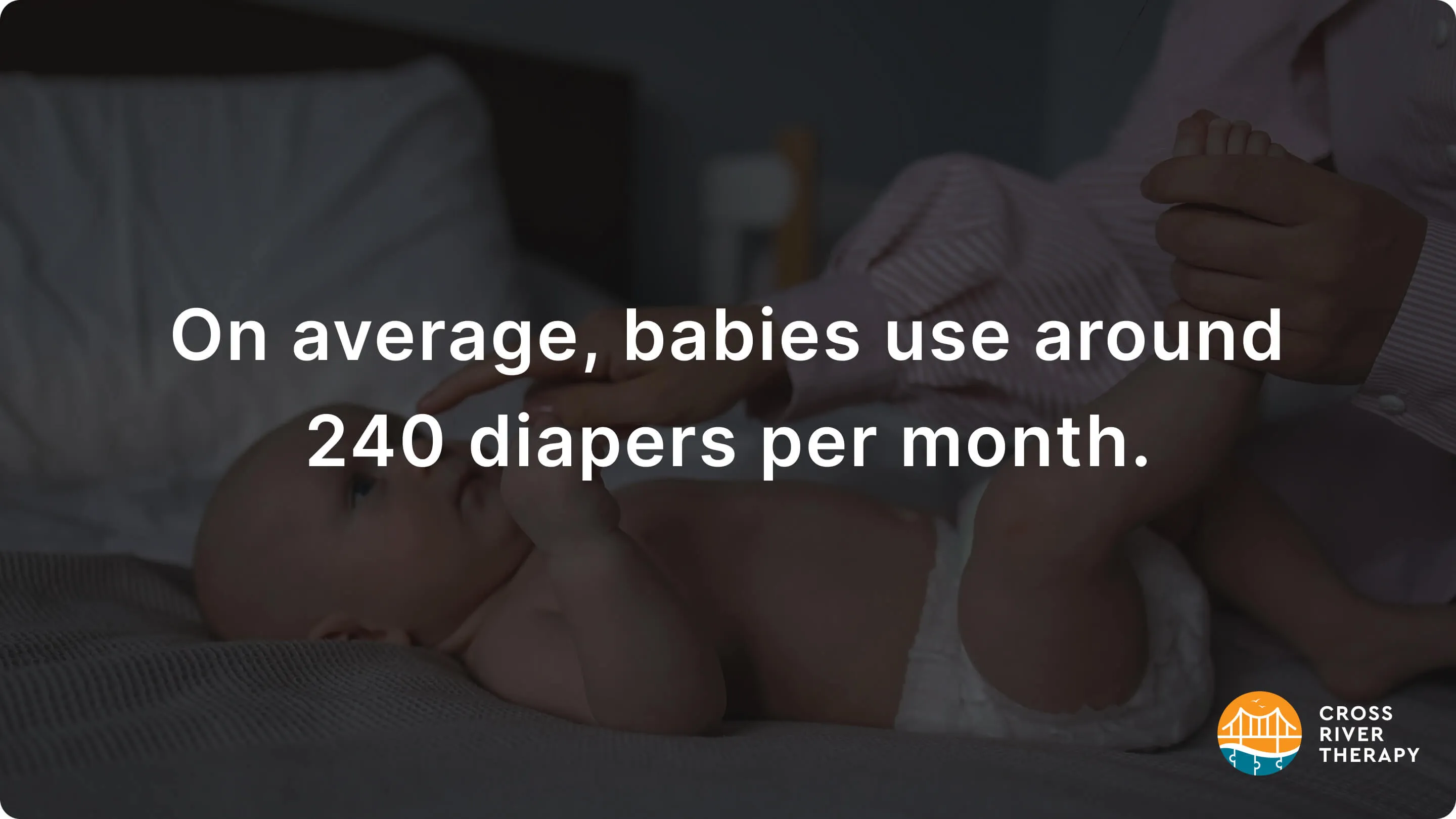
How many diapers do babies use per year?
On average, babies use around 6,000 diapers per year.
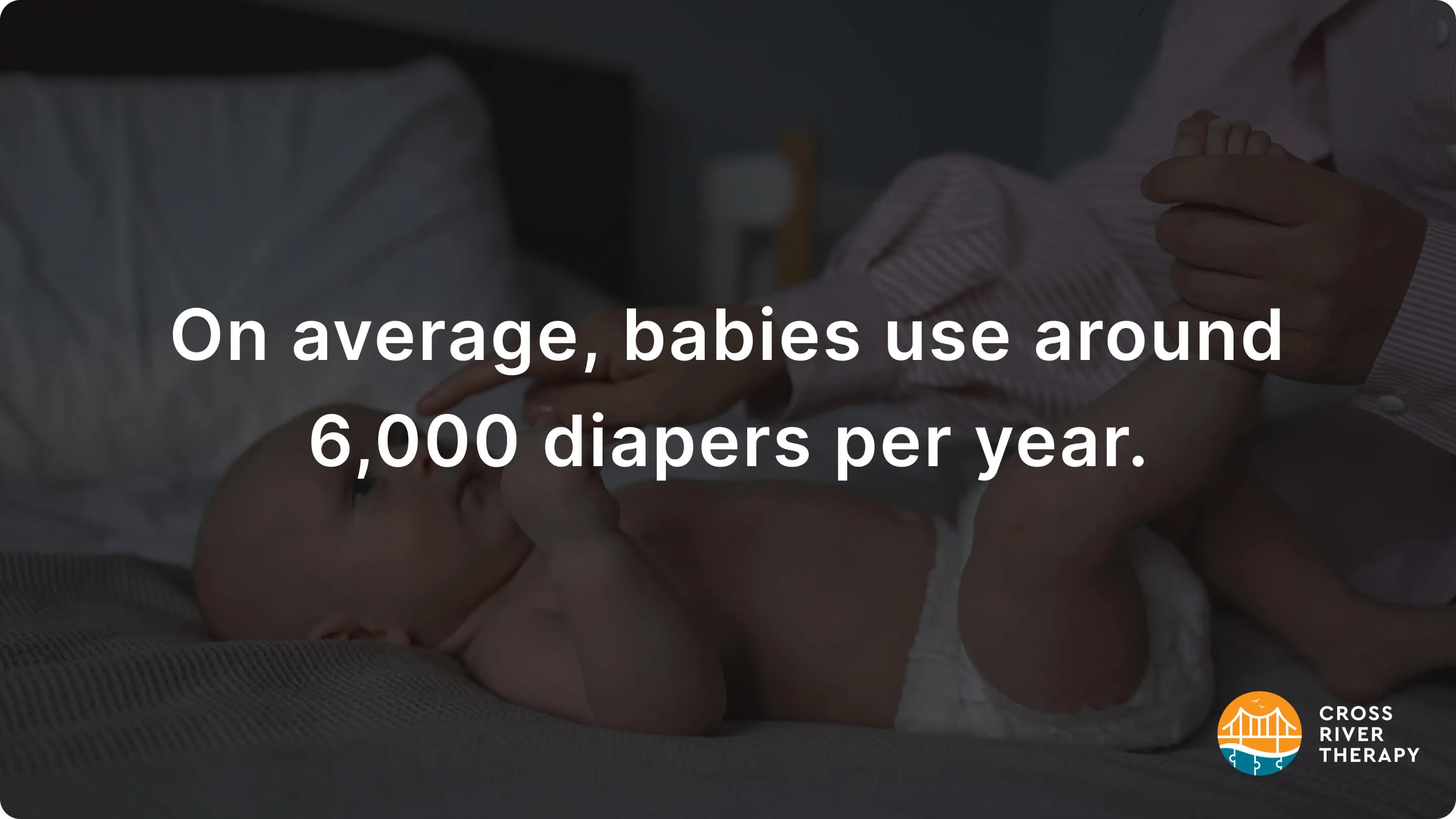
What is the weekly cost of diapers?
Families spend an average of $16 per week on diapers.
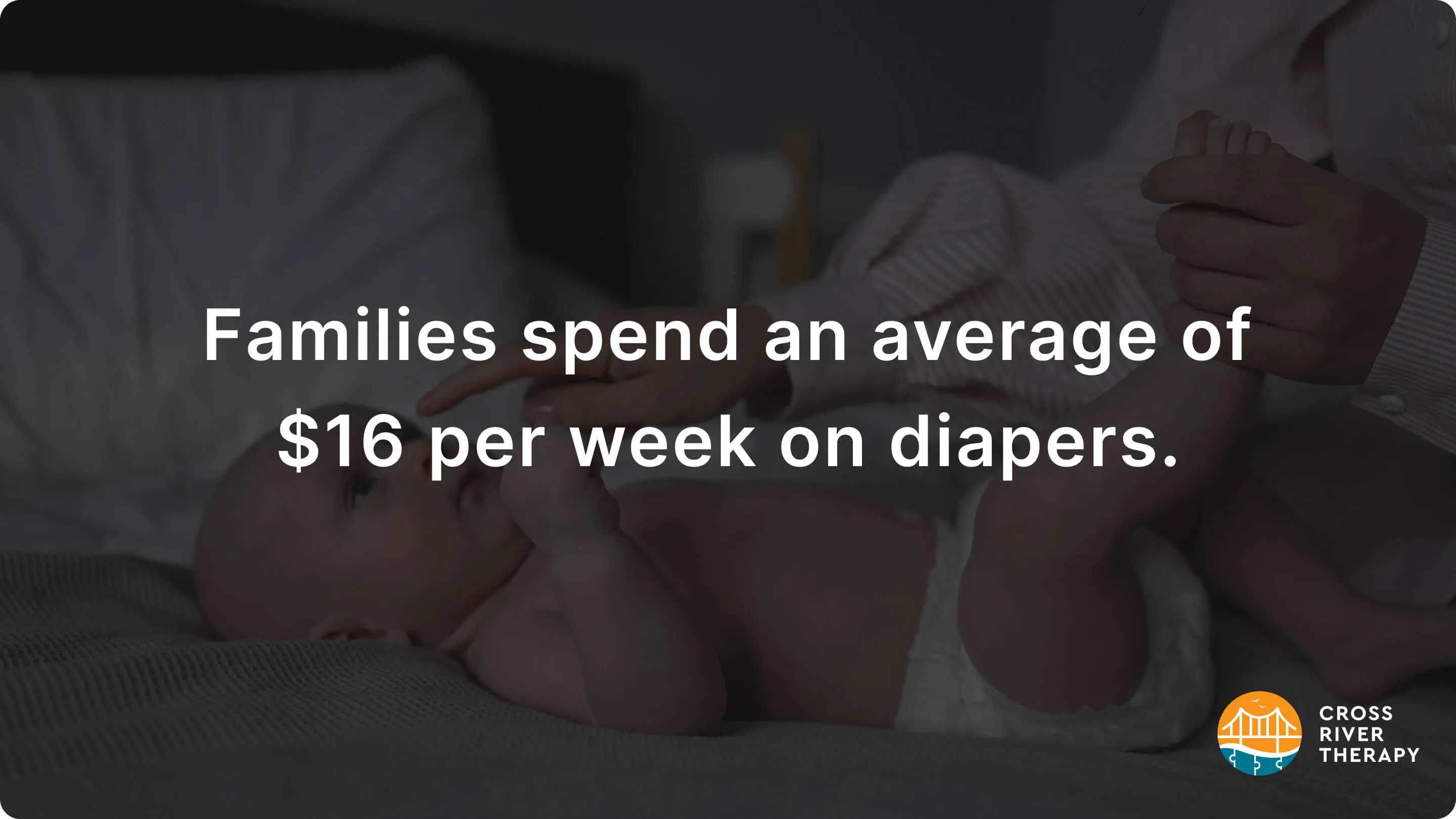
What is the monthly cost of diapers?
Families spend an average of $70 per month on diapers.
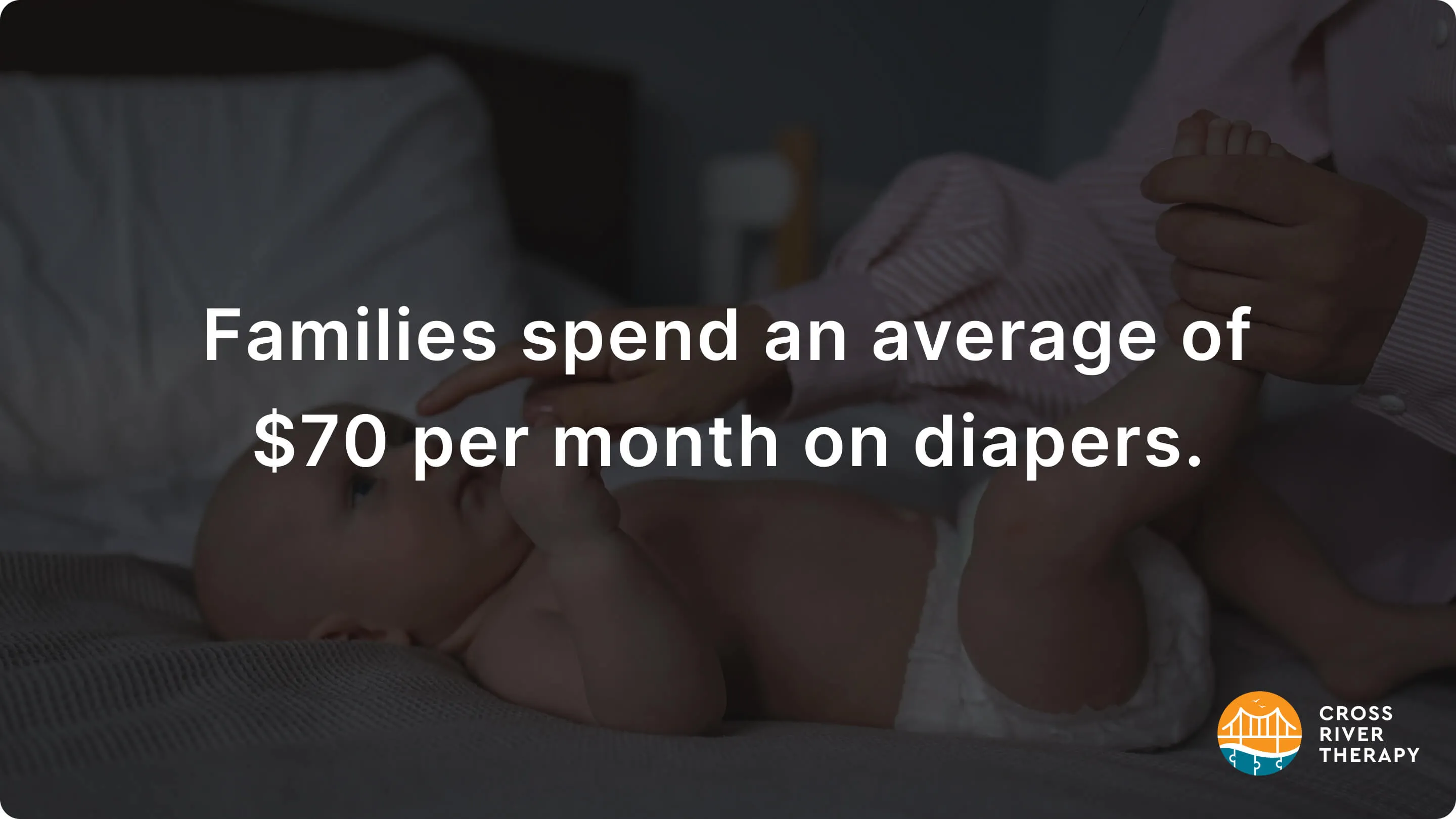
What is the yearly cost of diapers?
Families spend an average of $840 per year on diapers.
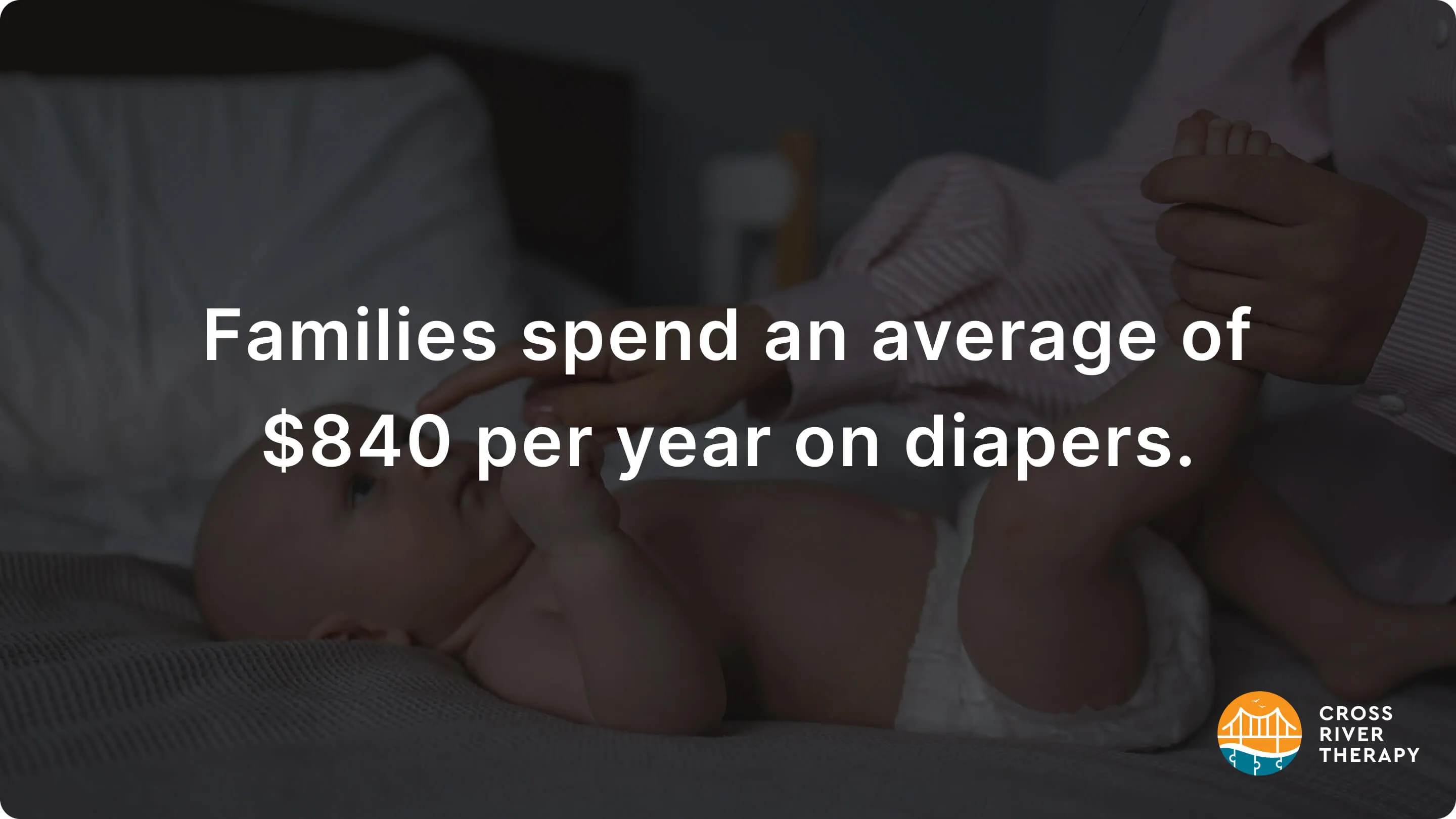
How long does it take a diaper to decompose?
Disposable diapers take at least 500 years to decompose.
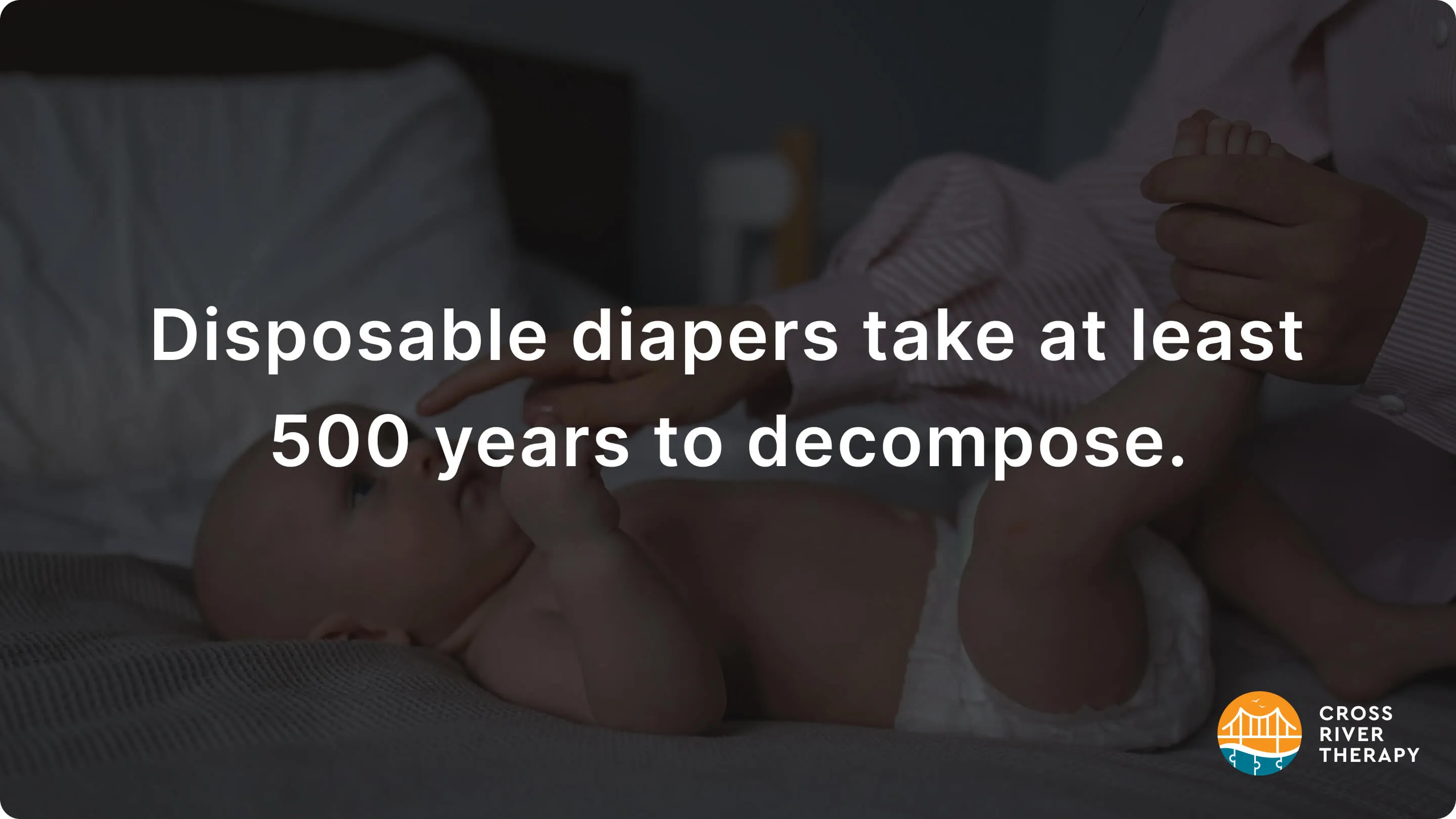
When were disposable diapers invented?
Fun fact: disposable diapers were invented in 1948 by Johnson & Johnson.
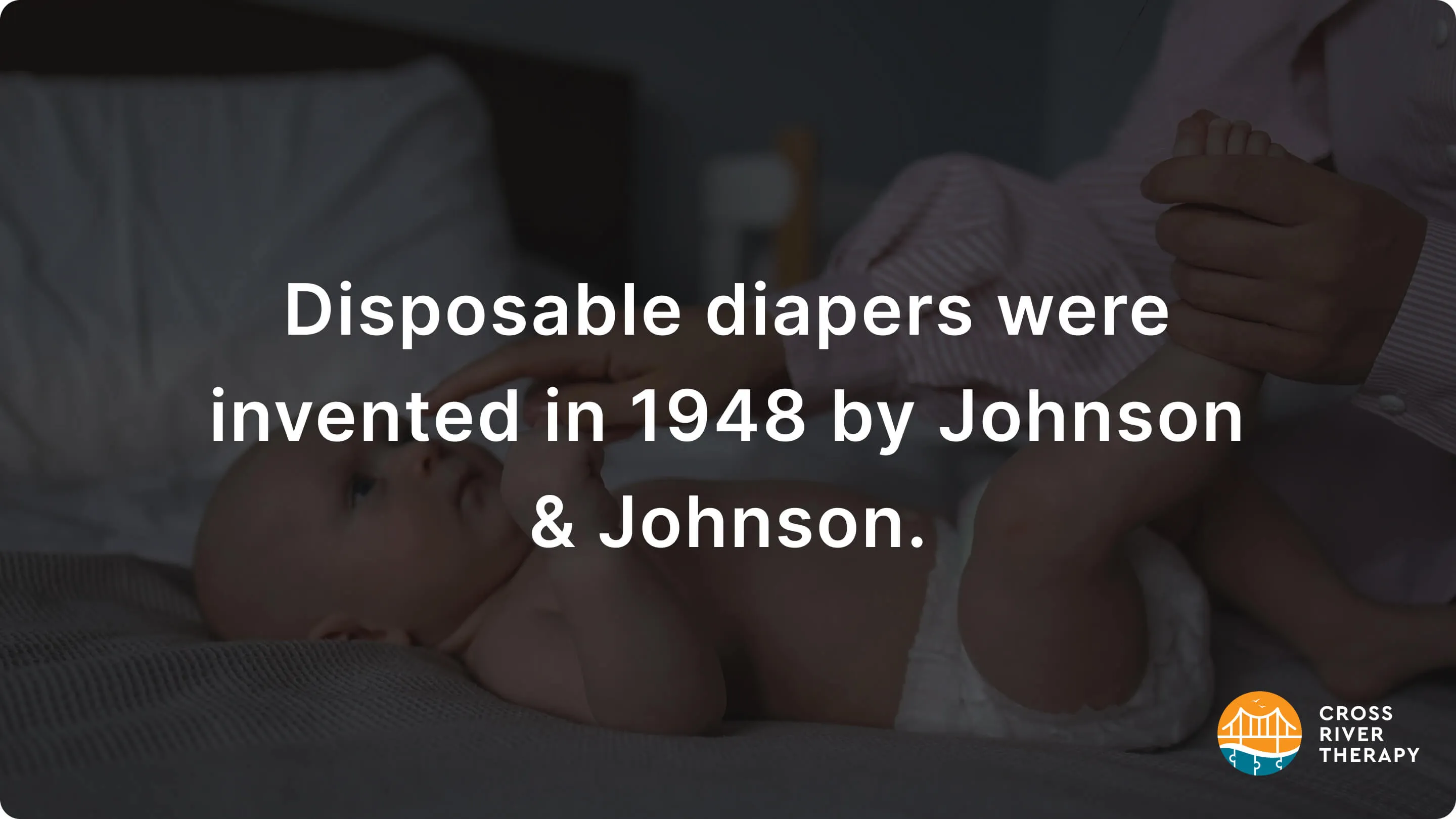
What are disposable diapers made out of?
Disposable diapers are made of different components like tissue paper, wood pulp, polyester nonwoven fabric, adhesive, and more.


